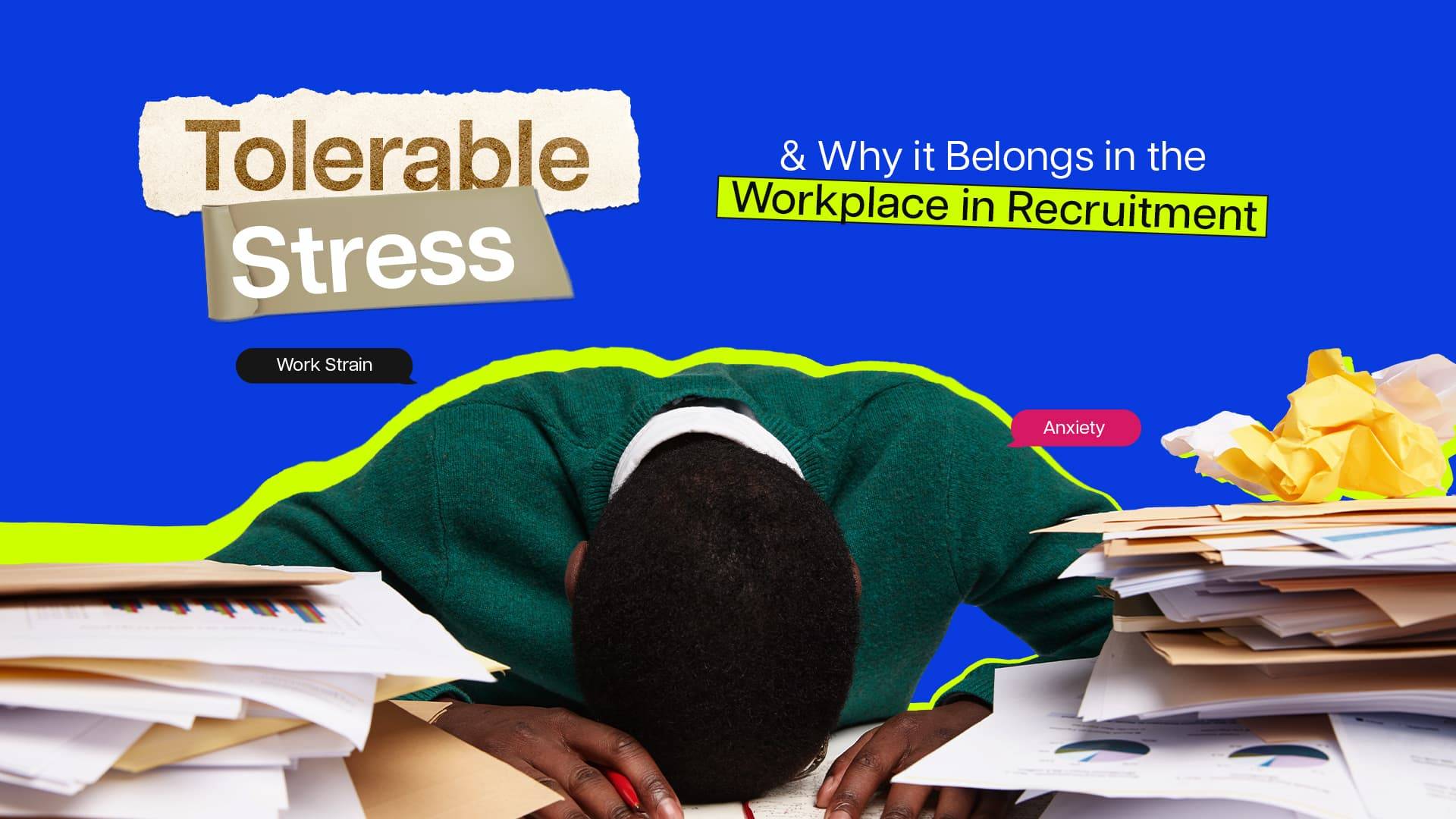Stress is often considered a negative aspect of the workplace. However, research shows that stress can be beneficial to employees and the organization when it is tolerable stress.
Tolerable stress is defined as moderate levels of stress that can be managed and lead to positive outcomes. Recruitment is an area of the workplace where tolerable stress can be particularly beneficial.
Here are some reasons why:
Increased Motivation
Tolerable stress can increase an employee’s motivation to perform well. When employees are moderately challenged, they are more likely to put in effort and work harder. This can lead to better performance and increased productivity in the recruitment process.
Improved Decision Making
In recruitment, decision making is key. Tolerable stress can help employees make better decisions by improving their cognitive functions. When employees are under a moderate amount of stress, they are more alert and focused, which can lead to better decision making.
Better Adaptation
Recruitment is a constantly changing environment. Tolerable stress can help employees adapt to new situations and challenges. When employees are exposed to moderate levels of stress, they are better equipped to handle unexpected situations and adapt to changes in the recruitment process.
Positive Culture
Tolerable stress can also create a positive culture in the workplace. When employees are challenged and motivated, they are more likely to enjoy their work and feel a sense of accomplishment. This can lead to a positive work environment where employees are happy and engaged.
In conclusion, tolerable stress is a beneficial aspect of the workplace, especially in recruitment. When employees are exposed to moderate levels of stress, they are more motivated, make better decisions, adapt better to changes, and create a positive work environment.
Employers should strive to create an environment where tolerable stress is present to ensure the success of their recruitment process.










